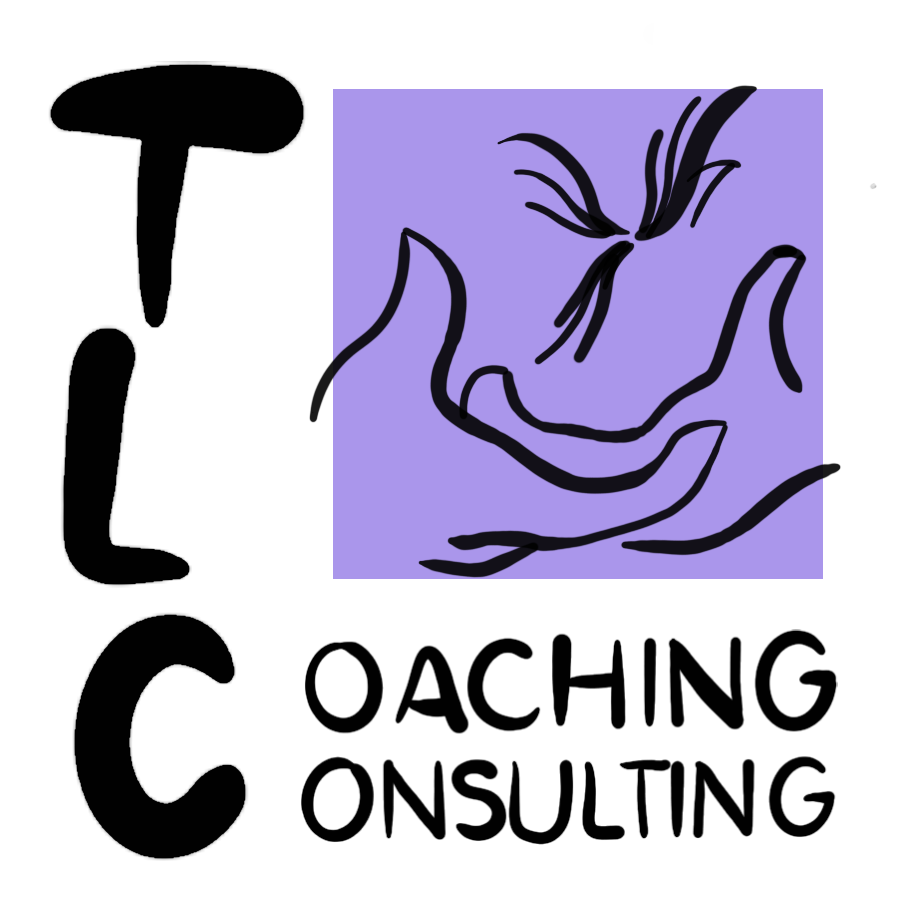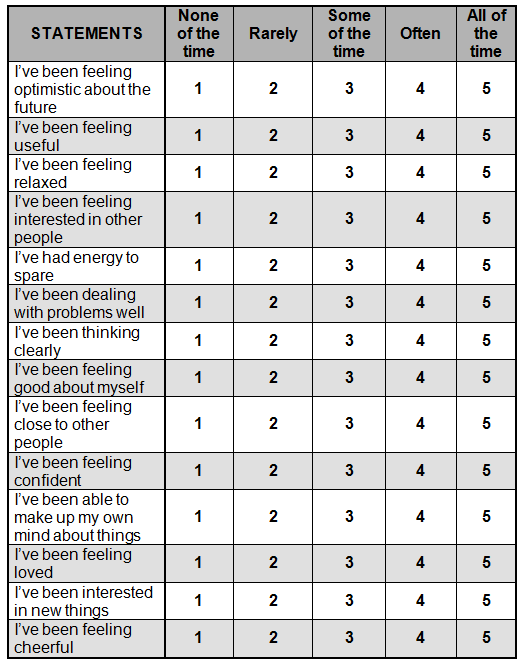From Stress to Peace (part 1)
Stress lives on the surface, rising + receding like an ocean tide. Peace lives in your core, like the underlying landmass that holds the ocean. When feeling stress waves wash over you - even when the waves feel relentless - there are wellness tools that can guide you back to your peaceful core.
Peace is inside you right now, and it can be accessed. In this post, we'll go through the first 3 of 10 basic #wellnesstools that will help release the pressure of stress so you can access peace. If a tool works for you, add it to your #wellnesstoolbox.
A Likert measurement scale will help you assess if a tool works for you. The following is a very inclusive #wellnessscale. You can adapt it to a simple one-question Likert measurement scale to suit how you're feeling in any given moment. For now, try all 14 questions.
On a piece of blank paper, list the numbers 1-14 vertically down the left side. Read each of the questions + write your rating (#1-5) to the right of each number. Don't think too much about your answer - write the first thing that comes to your mind.
Set your paper aside and try this first wellness tool. Remember: you won't know if the tool works for you until you do it.
1. Acknowledge
We don't always realize we're carrying stress. Just realizing you're carrying stress can lower your stress level.
Try this Psychosynthesis-based tool for accessing conscious awareness through the 6 'Psychological Functions'. Meditate on +/or write about the following. Ask yourself:
Am I feeling stressed? + explore the emotion(s) that come up.
Where is stress in my body? What are the sensations I'm feeling?
What are the impulses + desires I have because of stress?
What's my intuitive sense about stress?
Have I had dreams that indicate that I'm stressed?
When I think: "I'm stressed" what critical reactions come up?
What do I imagine would happen if I said out loud: "I'm feeling stressed"?
Retrieve your Wellness Scale paper (from before doing this exercise). Fold the paper so that your first answers are covered up. Read each of the following questions + write your rating (#1-5) with the first number that comes to mind. (The statements + ratings have been re-worded to the present tense).
Uncover the first answers + compare the before + after ratings. If any of the ratings went up, this tool helped.
Use a before + after Wellness Scale with each wellness tool. When a tool works for you, add it to your Wellness Toolbox.
Try all these tools, one-at-a-time. There's no rush to get through them. Give yourself 6-12 months if you'd like. Fill your wellness toolbox with the tools that work for you. Then use them. again. and again. and again. Remember: tools only work when you use them. Use these tools to build the peaceful life you desire.
2. Be honest
It's difficult to admit we're stressed. We live in a competitive world + don't want to seem weak. The problem is, if people don't know we're close to or over our capacity to handle situations well, they'll keep piling more on and the stress will eventually break us. As counter-intuitive as it may seem, it's healthier to be honest.
Before you can be honest, you'll want to assess if you've developed a habit of 'lying' or 'hiding'. If you have, know that this is a common phenomenon. To know if you're in the habit of 'hiding', consider this:
When someone asks "how are you", do you have an automatic response? When they ask "are you OK", do you feel annoyed? If you are good at honestly answering the questions "how are you" + "are you OK", skip to the next tool. If you have an automatic response +/or feel annoyed by the question, please read on.
Much of the time "how are you" means hello or it's good to see you. Sometimes, though, the person asking really does have a general concern about you and wants to know how you are. Sometimes, the person asking wants a quick response; sometimes they want to hear your answer over a cup of tea. If you are intuitively sensitive, you'll know how to answer their "how are you?" If you can't decipher their intent, you can always ask: "do you really want to know?" People generally respond truthfully to this question.
The question "are you OK" is more direct + easy to decipher. It either means "I really am curious" or there's something questionable about your behavior or look. Either way, they're showing genuine concern.
Many people respond with an automatic "OK". After my daughter Michelle died, Elizabeth Pittman (then the director of the #Hospice #Bereavement Program in our area) told me: "Don't tell people you're OK when you're not, because they'll treat you like you're OK - and expect you to act that way - when you can't."
When someone asks, consider their query an opportunity to tap into your emotional state. Take a moment to ask yourself 'how am I feeling - really?" Explore under the surface - beyond the automatic first response - toward your true #emotionalstate. Stating: "I'm stressed" is enough to get you in touch with what you're feeling. If you can have a longer conversation, #talkinghonestly through your feelings can help you identify the source of distress, and jump start the process of addressing it.
Right now, explore your answer to "How are you?" Talk it out with someone you trust, think it out, or write it out. Any way you do it, be honest.
3. Connect
Relating honestly with others relieves the stress brought on by carrying our burdens alone + fills our need for #connection.
Responding honestly with: "I'm feeling (exhausted, overwhelmed, off-center, upset, etc.)" allows for real + rich connections. People are hungry - starving, really - for real + rich connections. Having a real + rich connection is a relief from the mundane. It really is "in the giving that we receive" (St. Francis of Assisi).
Responding honestly to "how are you" creates a win-win situation. Both people are giving; both people are receiving. The maxims "a friend in need is a friend indeed" (Edgar Bergen) + "the only way to have a friend is to be one" (Ralph Waldo Emerson) also speak to the richness of connecting. When you connect - even for a moment - loneliness is banished, love enters, + healing begins.
Try connecting with someone you trust. Can you do that by the end of this week? Remember to test your emotional + mental state before + after.



